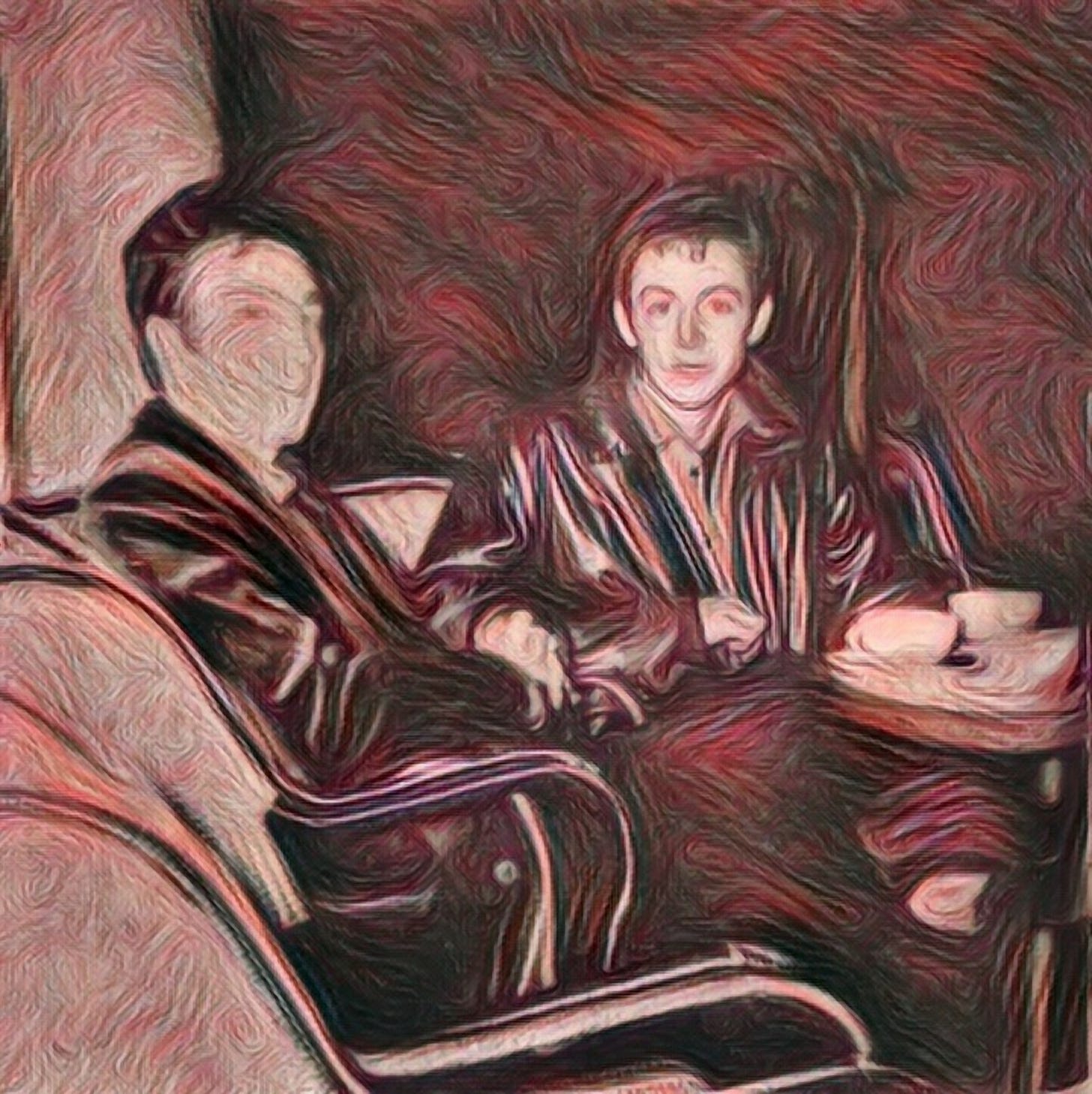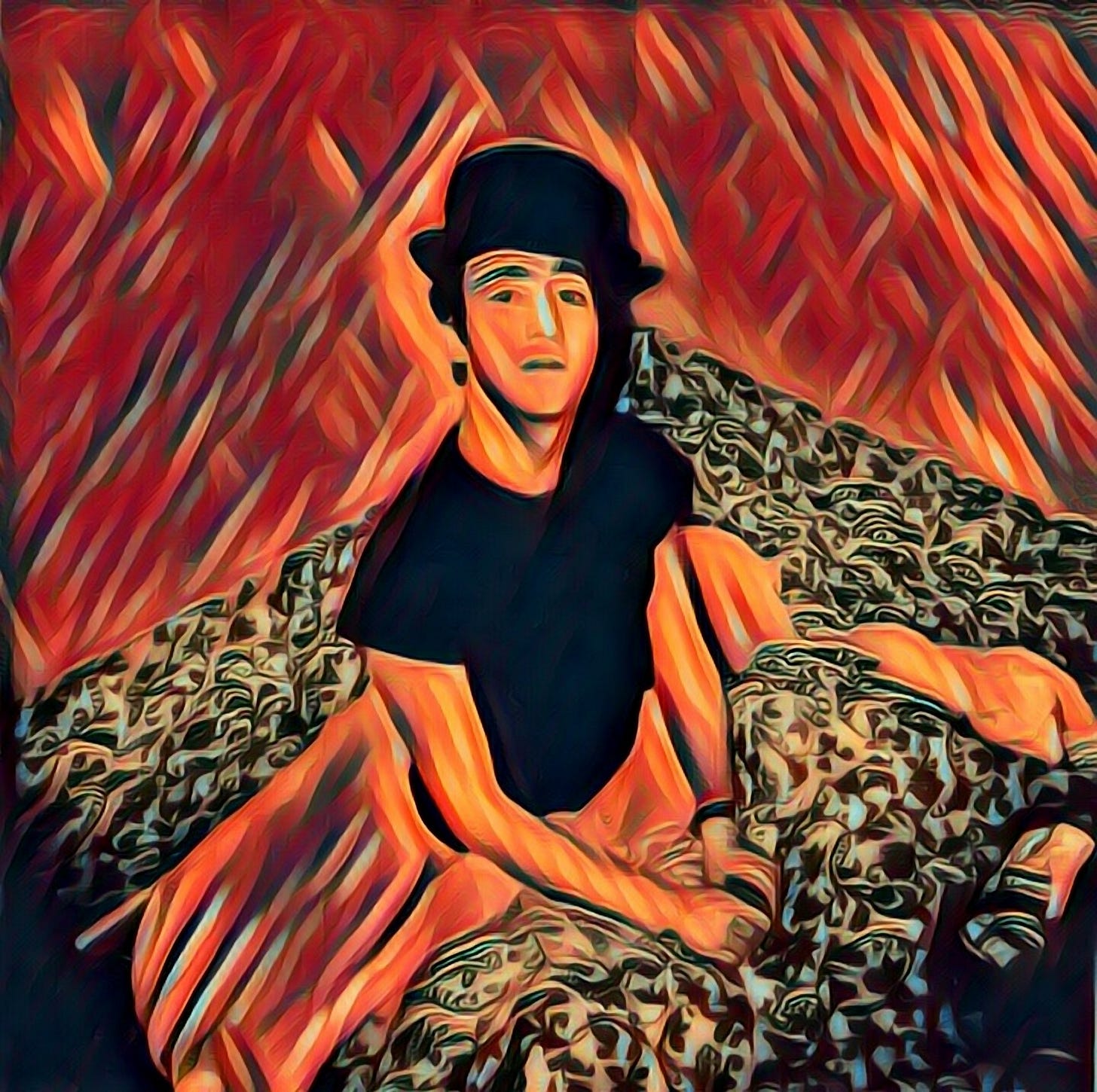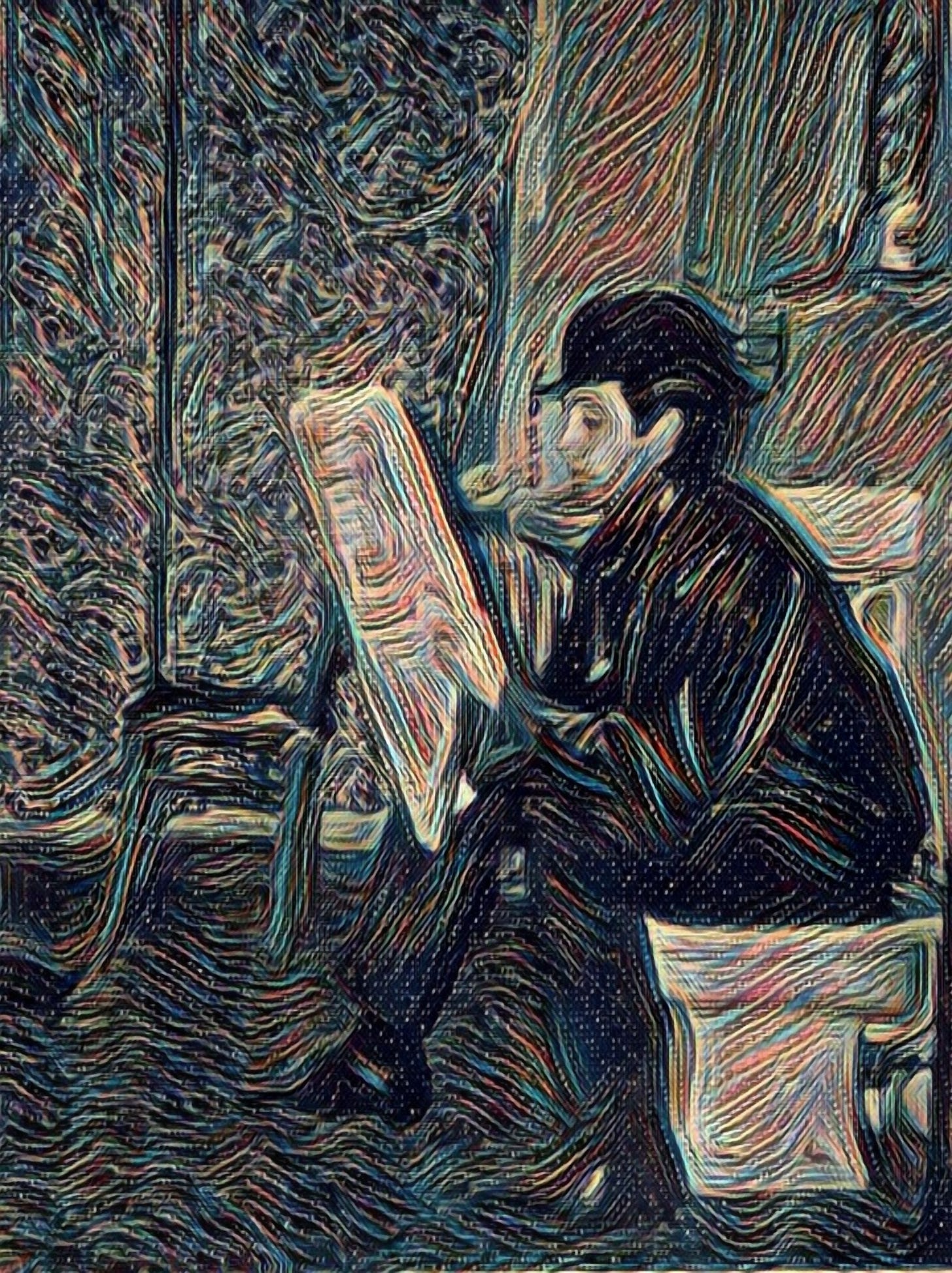REVEALED: The Steamy Parisian Adventure That Changed The Beatles Forever
How a romantic French getaway sparked the greatest songwriting partnership in history - and why John Lennon couldn't stop watching couples kiss
• John Lennon's 21st birthday celebration in Paris with Paul McCartney marked a pivotal moment in their creative partnership
• The romantic atmosphere of Paris left an indelible mark on Lennon, despite his self-proclaimed cynicism
• This trip, along with other early travels, shaped the sophisticated worldview that would later define Beatles lyrics
Let me take you down (as somebody once sang) to a rather different Paris than the one we know today. It's September 1961, and two scruffy Liverpudlians are wandering the boulevards, their leather jackets somewhat out of place among the chic Parisians. One of them has just turned 21, though you wouldn't know it from his world-weary demeanour. The birthday boy is John Lennon, and his travelling companion is one James Paul McCartney.
The Paris trip has become something of a Beatles Holy Grail, wrapped in mystery and speculation like a French onion in its layers. What we know for certain could fit on the back of a Gauloises packet: John and Paul borrowed money from Paul's father Jim (who must have been feeling unusually generous that day), hopped on Paul's motorbike, and headed for Dover. The bike, in a delightfully Beatlesesque twist, broke down before they reached the Channel, forcing our heroes to hitchhike the rest of the way.
But it's what happened in Paris that intrigues the most ardent Beatleologists. Years later, in what would tragically be one of his final interviews, Lennon spoke to Playboy about the trip with an unexpected tenderness. "The thing was all the kissing and the holding that was going on in Paris," he recalled, momentarily dropping his caustic guard. "And it was so romantic, just to be there and see them, even though I was twenty-one and sort of not romantic."
Picture, if you will, the future author of "Working Class Hero" and "God" being moved by couples kissing under trees. It's rather like imagining Margaret Thatcher at a CND rally, isn't it? Yet there he was, the great cynic, touched by l'amour.
What Lennon didn't mention - and this is where we must don our deerstalker and channel our inner Beatles detective - is what impact this romantic awakening had on his songwriting. Consider "If I Fell," written just a few years later. "If I trust in you, oh please, don't run and hide" suddenly takes on a new resonance when you imagine young John, watching those confident French lovers and perhaps wondering if he'd ever master their easy intimacy.
The trip wasn't all moon-juin-spoon romance, mind you. Our dynamic duo spent their nights in a fleapit hotel that would have made the Hamburg accommodations look positively Ritz-like. They wandered the Left Bank, soaking up the café culture that would later influence songs like "Michelle" (though one suspects Paul's French was limited to "deux bières, s'il vous plaît" at this point).
What's particularly fascinating is how this journey fits into the broader pattern of Lennon-McCartney adventures. Before Hamburg, before America, before India, there was Paris. It was their first proper foreign expedition together, two working-class lads from Liverpool taking on the City of Light. The sophisticated worldview that would later inform songs like "Eleanor Rigby" and "A Day in the Life" arguably began here, among the existentialists and artists of Montmartre.
But let's not get too carried away with romantic notions. This was still 1961, and The Beatles were still more interested in Little Richard than Léo Ferré. Yet something shifted during those Parisian days. Perhaps it was watching those confident French lovers that planted the seed for later, more complex explorations of relationships in their music. After all, there's quite a journey from "She Loves You" to "In My Life," isn't there?
The trip also offers a fascinating glimpse into the Lennon-McCartney dynamic. Here they were, away from the band, away from Liverpool, just two mates on an adventure. Paul, ever practical, had arranged the trip as a birthday present for John. John, despite his leather-clad tough-guy image, was clearly moved by the romantic atmosphere. It's like a buddy movie waiting to happen - though one suspects Truffaut would have made a better job of it than Hollywood.
What's particularly intriguing is what we don't know about the trip. Did they try their hand at songwriting in Paris? Did they perform in any of the Left Bank clubs? Did they meet any of the era's artistic luminaries? The official history is frustratingly silent on these points, though one can imagine them sitting in a café, scribbling lyrics on napkins, trying to look as sophisticated as the locals.
The Paris sojourn wasn't their only formative trip together. There were those famous hitchhiking adventures to Wales and Reading, where they'd play their guitars for lifts and food. Each journey seemed to strengthen their partnership, adding layers to their shared experience that would later emerge in their songwriting.
But Paris was different. Paris was romantic, sophisticated, exotic - everything Liverpool wasn't. It showed them a world beyond the working-class constraints they'd grown up with. It's no coincidence that The Beatles' lyrics would eventually move far beyond the simple love songs of their early years to encompass philosophy, politics, and social commentary.
Consider how this worldliness manifested in their later work. When Paul wrote "For No One," with its sophisticated story of a relationship's end, was he channelling something of that Parisian sophistication? When John penned "Across the Universe," with its cosmic consciousness, was he drawing on those moments of watching lovers in Paris, feeling part of something larger than himself?
The trip also marked a significant moment in their personal relationship. John was notoriously difficult to get close to, his sharp wit often serving as a defensive weapon. Yet here he was, sharing a romantic adventure with Paul, allowing himself to be moved by the atmosphere. It's rather touching, isn't it? Like finding out Malcolm Tucker keeps a book of Wordsworth's poetry in his desk drawer.
We must be careful, of course, not to over-romanticise. This wasn't some sort of magical transformation where two rough-and-ready rockers suddenly became sensitive artistes. The Beatles were still months away from their first recording contract, still playing four-hour sets in Hamburg clubs, still covering Chuck Berry numbers with more enthusiasm than finesse.
Yet something changed in Paris. Something subtle but significant. Perhaps it was simply the realisation that there was a bigger world out there, waiting to be explored. Perhaps it was the first inklings that their art could aspire to something beyond three-chord rock 'n' roll. Or perhaps it was just two young men, on the cusp of adulthood, glimpsing possibilities they hadn't imagined before.
The aftermath of the Paris trip saw The Beatles' fortunes begin to rise. Within months, they had signed with Brian Epstein, who would help transform them from leather-clad rockers to suited-and-booted pop stars. Within two years, they would be the biggest band in Britain. Within three, they would conquer America.
But something of that Parisian adventure stayed with them, particularly in their songwriting. The sophistication they witnessed there, the romantic atmosphere that even the cynical Lennon couldn't resist, the sense of culture and history - it all found its way into their music, helping to elevate it above mere pop to something more enduring.
Years later, when The Beatles were exploring new musical territories with songs like "Yesterday" and "Eleanor Rigby," one might detect echoes of those Paris days. The willingness to experiment, to push beyond the conventional boundaries of pop music, perhaps owed something to that early exposure to a different kind of culture.
The Paris trip also offers an interesting lens through which to view the Lennon-McCartney partnership. Here were two young men who, despite their different personalities, shared a deep bond and a common dream. Paul's thoughtfulness in arranging the trip, John's unexpected susceptibility to romance - it's all rather revealing, isn't it?
One can't help but wonder what conversations they had as they wandered those Parisian streets. Did they talk about their ambitions? Did they share their fears? Did they have any inkling of what lay ahead? The history books are silent on these points, but one imagines them, sitting in some smoky café, plotting their conquest of the music world.
As we know, their partnership would eventually fracture under the weight of success, ego, and outside influences. But in Paris, they were still just John and Paul, two mates on an adventure. There's something rather poignant about that, especially given what we know would follow.
In the end, perhaps that's what makes the Paris trip so fascinating - it captures a moment of possibility, before the fame, before the conflicts, before everything changed. Two young men from Liverpool, experiencing a wider world for the first time, their greatest achievements still ahead of them.
And somewhere in those Parisian streets, among the lovers kissing under trees and the sophisticated café culture, something shifted. Something that would help transform them from simple rock 'n' rollers into the greatest songwriting partnership of the 20th century.
Not bad for a 21st birthday present, eh?
(As John might have said, you may say I'm a dreamer, but I'm not the only one who finds this trip fascinating. And if you enjoyed this piece, wait until you hear about their adventures in Hamburg...)







do you even fact check anything you publish?
john received £100 from his aunt whose husband was a dentist as a 21st birthday present. he invited paul to go to paris with him instead of asking cynthia or art school friend stuart.
for john's birthday, paul bought john a hamburger. during their trip, john bought paul banana milkshakes.
paul has talked about all of this in several interviews over the years.